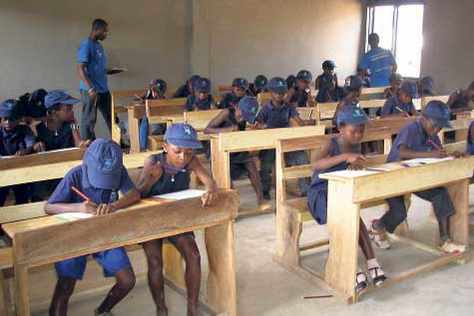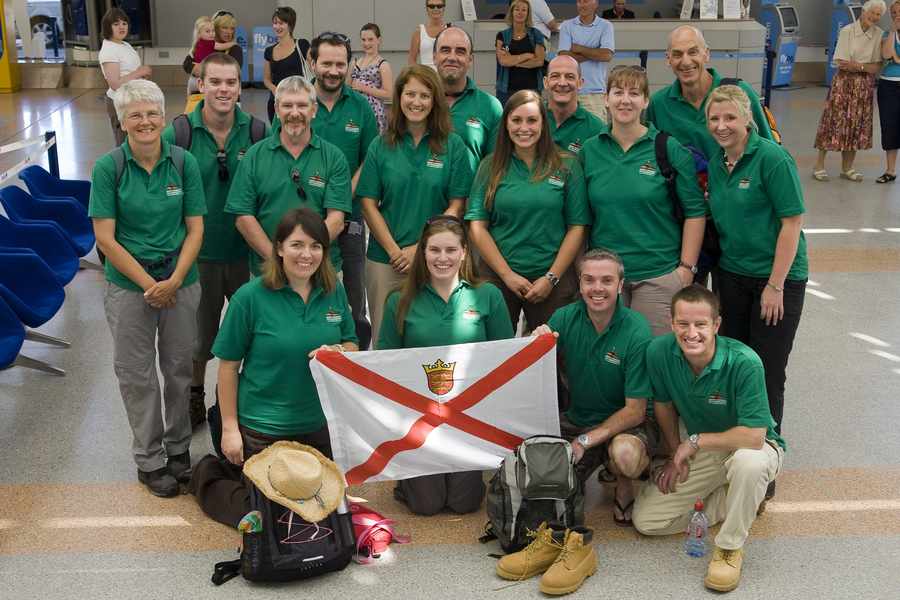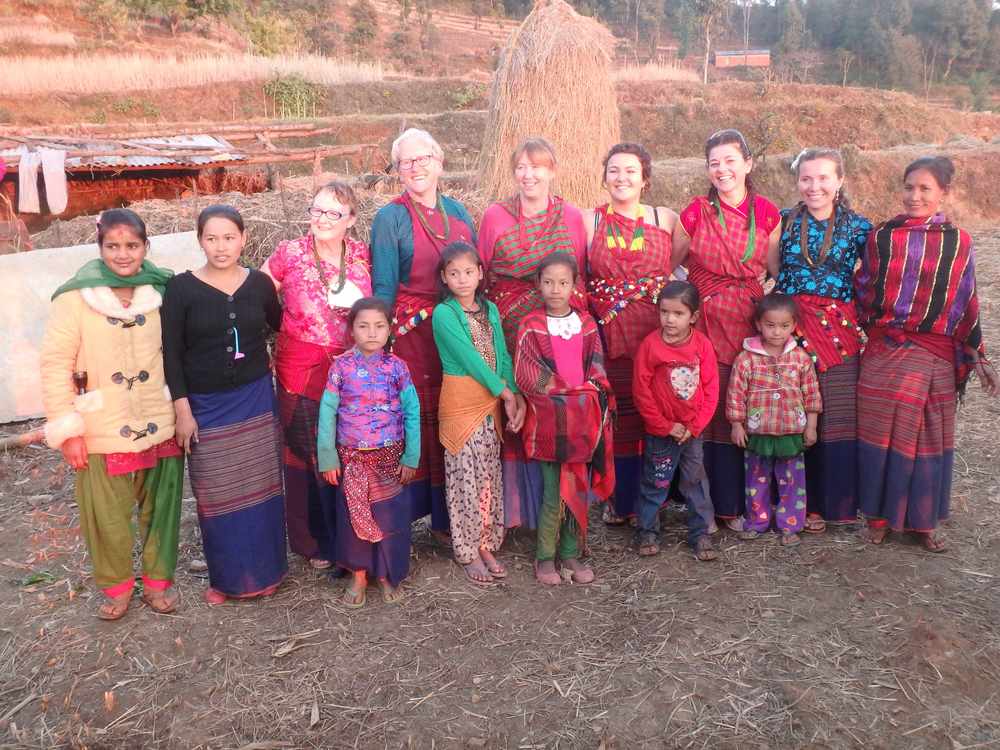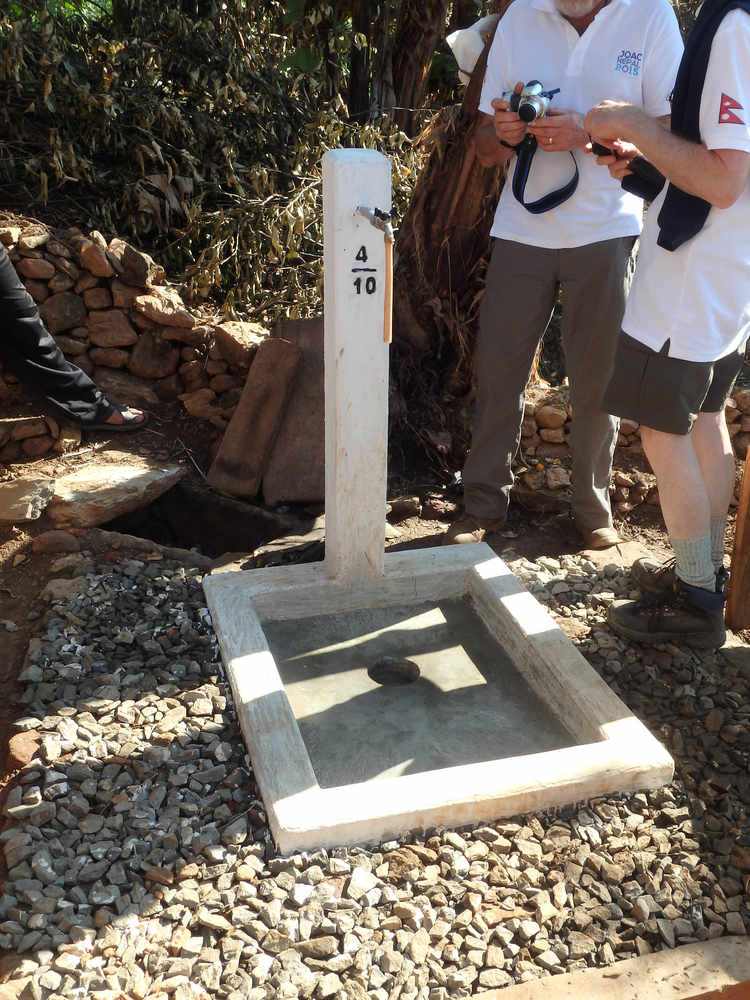
The commission, which is responsible for allocating the Island’s annual overseas aid budget, has been based for many years in a Portakabin at Transport and Technical Services.
It has now been given an office at Cyril Le Marquand House which is due to open within the next few weeks.
It will be open to the public in a move aimed at helping to improve public understanding of its work and Islanders’ access to the organisation.
Commission chair Deputy Carolyn Labey said the new office would allow the organisation to bring together all of its files under one roof and give its one full-time and one part-time staff a base to work from.
‘But first and foremost it will make our work more accessible to the public so that they can go in and chat to either the commissioners or the officers,’ she said.
She added: ‘It will make a huge difference to us.
‘One thing that we were keen on was not to increase our overheads.
‘Our admin and expenses are less than one per cent of our budget and we really did not want to increase that as we want all the money that we receive to go to the projects that we support.’
Deputy Labey said that by taking an office at Cyril Le Marquand House – Jersey’s main government building – the commission only had to pay for its services.
It is not yet known what hours the office will be open to the public.

This week is a busy one for the commission, which is due to interview 51 agencies and NGOs as it decides where to focus its funding next year.
Meanwhile, the organisation has published its annual report for 2014.
It shows that the commission spent a total of £9,798,123 last year.
Of that £7,708,497 was given in grant aid, £1,635,053 was donated following disasters and emergencies and £151,999 went to community projects.
A total of £165,085 went to local charities working overseas and £97,489 was spent on administration.
FOR a small island with a population of 100,000 people, Jersey has a remarkable network of links with other communities, large and small, around the globe.
It is hard to go anywhere without discovering someone or something with a connection to home. Those friendships and relationships are formed in all manner of ways from business, travel and charity to family history, politics and sport.
Earlier this year we learnt that a remote village with close links to Jersey has been devastated by the recent earthquake in Nepal. Seven children were feared dead when the news was released.
A few months prior to the earthquake volunteers on a Jersey Overseas Aid project helped to install a clean-water system in Dandakharka. At the time it was not yet known whether the children they met, some of whom were pictured on the front page of that day’s paper, were among the victims.
It will come as no surprise to those who live in the Island that Jersey leapt to the assistance of the people of Nepal.
The Bailiff launched a Jersey Disaster Appeal, the Overseas Aid Commission pledged £90,000 to the relief efforts and was working with the Gurkha Welfare Trust Jersey at the time to raise more money. Other individuals and organisations also did their bit.
This was Jersey at its best. The community spirit which is such a strong force in Island life is not limited to our shores.
The JEP urged Islanders to again show generosity in support of the victims of that latest natural disaster.


TWELVE Islanders completed the Overseas Aid project to provide clean water to two remote villages in Nepal in January and February.
They spent three weeks working in two Gurkha villages in the Dandakharka region, a five-hour ‘rocky and rough’ drive from the capital, Kathmandu, up into the mountains.

The spokesman for the group, Yvonne Judge, said that the greeting when they arrived was overwhelming.
They stayed in a house where conditions were basic – openings for windows but no glazing, no heating, a single light bulb in a room, and outdoor showers, which were cold.
‘But we were lucky because we had water on tap there,’ Yvonne said.
This is significant because the group were there to bring clean water supplies to the villages.
Working with the Gurkha Welfare Trust and alongside local people, they worked from 8 am to 5 pm every day to dig trenches for water pipes and fill them back in.
Yvonne added that women and teenage girls had carried concrete and other equipment and materials needed for water tanks uphill, 50 kilos at a time in baskets on their heads and backs.
Before they left Jersey, the group had raised £14,500, to add to the £30,000 grant from the Overseas Aid Commission.
How the funding was to be allocated was to be decided while they were there, and this was done by meeting the village committee on a field on the hillside.
The money paid for:
- Repairs to a health centre.
- Electricity, internet and a computer for two schools.
- A new community centre, which will have running water
- Three pairs of goats for poor and disabled people in the village.
- Canes for a disabled lady so that she can continue to weave baskets[/breakout]






